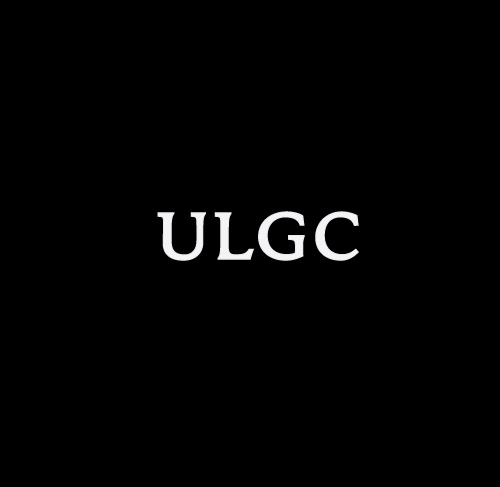 |
| Open-access wetlands © Alan Berger/ MIT's Department of Urban Studies and Planning > Alan Berger of MIT's Department of Urban Studies and Planning has proposed cleaning the Pontine Marshes by building wetlands in the heavily polluted areas, where toxins from the water would be absorbed by plants. An intial design from his study proposes integrating wetlands and new public parkland. Graphic: Project for Reclamation Excellence |
Abstract:
Just south of Rome lie the Pontine Marshes, a vexed part of the Italian countryside. In ancient times, Roman emperors tried unsuccessfully to drain the marshes, soemthing only achieved in the 1930s through a system of massive pumps and canals that removed enough water to turn the area into productive farmland. Yet today those canals have become heavily polluted, endangering the area's agriculture and the health of its residents.More on Berger's research: here.
The conventional way of tackling the problem would be to build a series of large water-treatment plants in the area, which covers about 300 square miles. But Alan Berger, an Associate professor of urban design and landscape architecture at MIT, has another idea. Because some plants absorb pollutants as water flows bu them, carefully designed wetlands can clean up the countryside while preseving its natural feel and providing public park space.
Berger realized this notion could apply to the pontine Marshes while on a fellowshop at the Amzrican Academy in Rome in 2007-2008. He then began trying to persuade officials of the Italian egion of Lazio, in the province of Latina, where the marshes are located, to consider the notion. Now, after performing innovative interdsciplinary testing with researchers in MIT's Department of Civil and Environmental Engineering, Berger believes he knows how to make the concept work best. Regional officals have since become enthusiastic about the idea: In September 2009, Lazio's government received a grant for 4.5 million euros as part of the European Union's "Life/" program for environmental works, specifically to clean up the area using natural processes.
That represents a reversal, Berger claims, from the response he usually got when he started floating the idea in Italy. "People said I was insane," recalls Berger, who has designed several large-scale environmental cleanup projects in his career. "But if you do good research, you can change the type of project that is done. "As Lazio's planning director, Carlo Perotto, said of Berger in 2008: "He opened a new way of thinking."


No comments:
Post a Comment